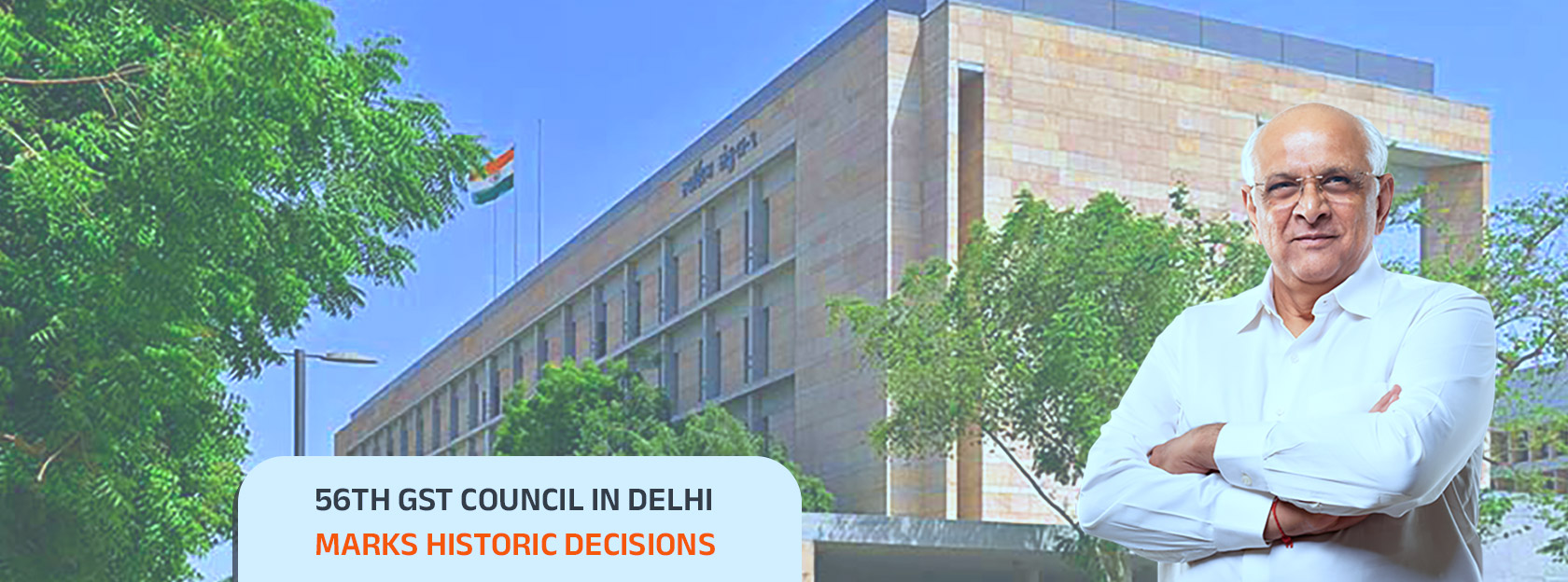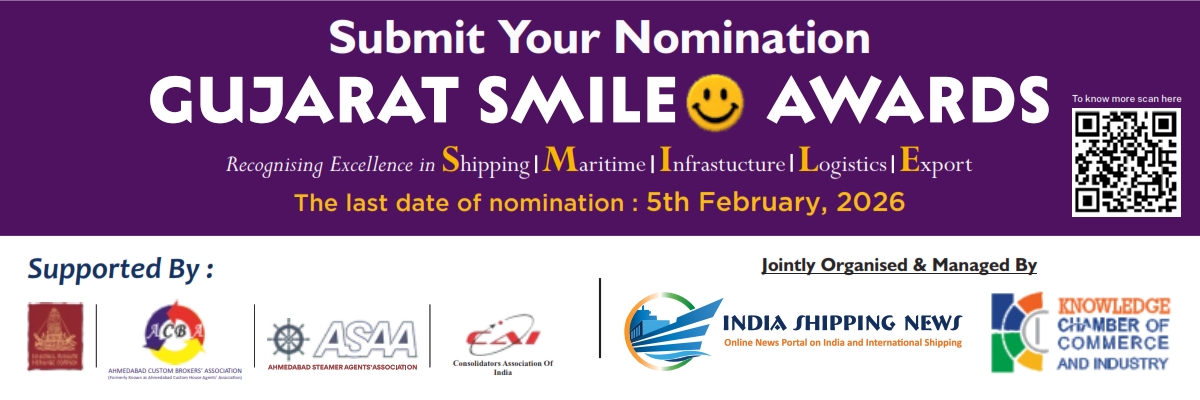
Gujarat CM Thanks Prime Minister for Major Tax Reductions on Goods and Services benefiting Citizens
GANDHINAGAR: On behalf of the people of Gujarat, Chief Minister Shri Bhupendra Patel thanked Prime Minister Shri Narendra Modi and Union Finance Minister Smt. Nirmala Sitharaman for significantly reducing GST rates on essential goods and services of daily use.
CM said that Prime Minister, in his recent Independence Day address from the Red Fort, had pledged to introduce #NextGenGST to simplify citizens’ lives and boost the economy. By swiftly reducing GST rates, the PM has fulfilled this commitment within days, giving the people of the nation a more comfortable life. He had further said that these landmark reforms will benefit many middle-class families, farmers, small traders, and entrepreneurs. Citizens’ daily lives will become simpler, and India’s economy will gain new momentum and energy.
Finance Minister Shri Kanubhai Desai stated that under the leadership of Prime Minister Shri Narendra Modi, the 56th GST Council meeting of the Government of India recommended reforms in three main areas – structural improvements, tax rate revisions, and ease of living – benefiting farmers, citizens, and small and medium entrepreneurs. With the revision of tax rates, Gujarat’s economy will become stronger under the leadership of Chief Minister Shri Bhupendra Patel.
Detailing these landmark recommendations, the Finance Minister said that so far, essential agricultural items such as tractors, fertilizers, irrigation equipment, and other machinery were taxed at 12 to 18 percent. This has now been reduced to just 5 percent, which will lower the high costs of agricultural production. This important step will benefit farmers in Gujarat.
Additionally, the Minister said that apart from farmers, the tax rate on several items needed by people in daily life has also been reduced. He shared the details of tax reductions on different goods:
• Food items like paratha, khakhra, paneer, and pizza bread have been exempted from tax.
• Items like pastries, cakes, chocolates, candies, and cereal flakes – tax reduced from 18 percent to 5 percent.
• Diabetic food, soy milk, milk-based beverages, and fruit pulp drinks – tax reduced from 18 percent to 5 percent.
• Daily-use items like toothpaste, shaving cream, and soap – tax reduced to 5 percent.
• Essential electrical appliances like televisions, ACs, refrigerators, and washing machines – tax reduced from 28 percent to 18 percent.
• Personal mediclaim and personal life insurance premiums have been exempted from GST.
• Medicines used for treating life-threatening diseases like cancer have been exempted from tax.
• Additionally, items like surgical instruments, medical-grade oxygen, and glucometers – tax reduced from 12 percent to 5 percent.
• Stationery items like rubber, sharpeners, stationery books, and maps have been exempted from GST. Paper, mathematical boxes, geometry boxes, and color boxes – tax reduced to 5 percent.
• Handicraft items like idols, lamps, paintings, and stone works – tax reduced from 12 percent to 5 percent.
The Minister had further said that for petrol, LPG, and CNG vehicles with engine capacity below 1200 CC, and diesel vehicles with engine capacity below 1500 CC, the tax rate has been reduced from 28 percent to 18 percent, directly benefiting small and middle-class families. This tax reduction will improve the standard of living of citizens and strengthen social security.
Speaking about the renewable energy sector, the Minister said that to encourage the use and production of renewable energy, the tax rate on equipment and parts for solar, wind, and tidal energy has been reduced from 12 percent to 5 percent. This reform will bring many benefits to micro and small industries.
Reduction in tax rates will increase consumption of goods. Improvements in classification of goods and services will reduce litigation, thereby accelerating “Ease of Doing Business.” Reforms to simplify the registration process will increase cash flow in businesses and reduce compliance costs, further improving ease of doing business. In addition, simplification of the refund process and faster settlement of refund claims will resolve liquidity issues, he added.
Thus, with these landmark recommendations of the GST Council keeping in mind the interests of all sections, the economies of India and Gujarat will move ahead at a faster pace, realizing the vision of “Advancing Gujarat, Advancing India” and the goal of “Viksit Bharat @2047.”

